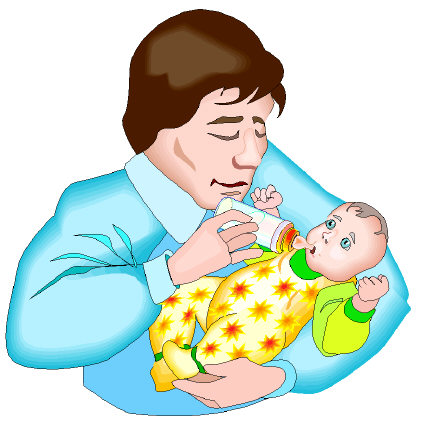To link to this article from your blog or webpage, copy and paste the url below into your blog or homepage.
When Your Child Drives You Crazy
a book by Eda J. LeShan
(our site's book review)
This is a book about how not to react inappropriately when your kids push your buttons. One way to do this is to “reconnect with your inner child and nurture your inner self,” according to LeShan. The point is that kids will get to you in a bad way if they restimulate past emotional sore points from your own childhood, and the more you can be aware of your inner feelings about all this, the less you will go on automatic and be run by these feelings when your kids are upsetting you. Her book also gives general parenting advice, including what to do to keep your kids from getting sexually molested and how to cultivate a sense of responsibility. But the advice is incomplete, not concise enough, and lacks the precision it needs to reflect the knowledge she should have as an advocate of good parenting.

The urge to hurt a child can be controlled only if you have a reservoir of loving feelings yourself
Parents who feel like killing their screaming babies are commonplace. A few even do it, and many that don’t go to such an extreme end up abusing their infant. But most either cry themselves, go to another room, drown out the noise with something, or hold the baby and try to soothe it. According to LeShan:
“The urge to hurt a child can be controlled only if you have a reservoir of loving feelings yourself. Knowing that grandparents or neighbors are sympathetic and will help, that a kindly baby-sitter is available, that your wife or husband understands and is going to give you all of Saturday to do whatever you please—these are essential for nurturance. But, more important, we must nurture ourselves—and not feel guilty.” She points out that if no nurturing is received by a parent, it is illogical to think that they will often feel loving around a baby; emotional and needful, yes—but not loving. She is good at showing the advantages of flat-gradient nurturance, and not shy about recommending it, but she also points out that if your kid needs attention but you’re not in the mood, you shouldn’t feel guilty in saying “later” to him or her. (Of course, it’d be nice—for all concerned—if the kid could simply choose someone else to be with who is in the mood, like in an MC. See Why Register for an MC?.)

Registering for MC search and match
She underlines the need for privacy, a need kids get as early as two or three. She advises against snooping and prying, because respecting kids’ wishes is a much better example to set (especially for a parent who wants respect in return), and letting kids control their space encourages good identity formation and independence/autonomy development.

Letting kids control their space encourages good identity formation
She says that what really hurts kids is the lack of unconditional love, the pressure of impossible expectations, mothers who hover too much, mothers who stay at home with kids but hate it because they want to be out in the world, mothers who are too busy to play with their kids, and mothers who wish they’d never had kids.
Her thinking dovetails with Maslow in that self-actualization is the most important aspect of human growth, and the deeper the enrichment of each individual, the more they enrich the community as a whole. She also says that kids need to find out for themselves and choose for themselves whenever possible. By implication, she supports active listening in communication as well as problem solving in family conferences. She’s against permissiveness or authoritarianism, which leaves only democratic, authoritative parenting to advocate.
LeShan admits that the demands of modern life may well make it impossible to give young children as much cuddling and closeness as they need, and that we all need to think about how much we’ve robbed ourselves and our kids of the deep gratification of holding each other: independence comes too fast. But in much of her book she doesn’t suggest anything that would directly address this problem, and when it is addressed, it’s mostly quick references to what amounts to better social support systems.

Find a way to give young children as much cuddling and closeness as they need
Cooperative childcare so that kids can have lots of surrogate parents, and alternative caregivers available whenever childcare gets to you and you need a break are her two best examples. But the way her book glosses over this area is its biggest flaw—assuming kids will have to cope with not getting their needs filled well, but merely adequately, was her way of “facing reality.” But was this reality really necessary, or was she just letting herself be mollified with the fact that everyone seemed to be dealing with these realities in the same way?
The second biggest flaw is her taking sibling rivalry lightly. If one assumes that everyone is getting steep-gradient nurturance and there is a built-in win-lose context whenever one kid gets and the other kid doesn’t, then one can assume that envy, hate, anger and fighting will be common. But if siblings are convenient people to play with and talk to and there is no built-in win-lose context because flat-gradient nurturance—the historical and sociological norm—is in effect, then most of the negative emotions won’t be generated in the first place. At least she remembers to warn the reader to keep siblings apart if they are likely to harm each other—or are doing so.





